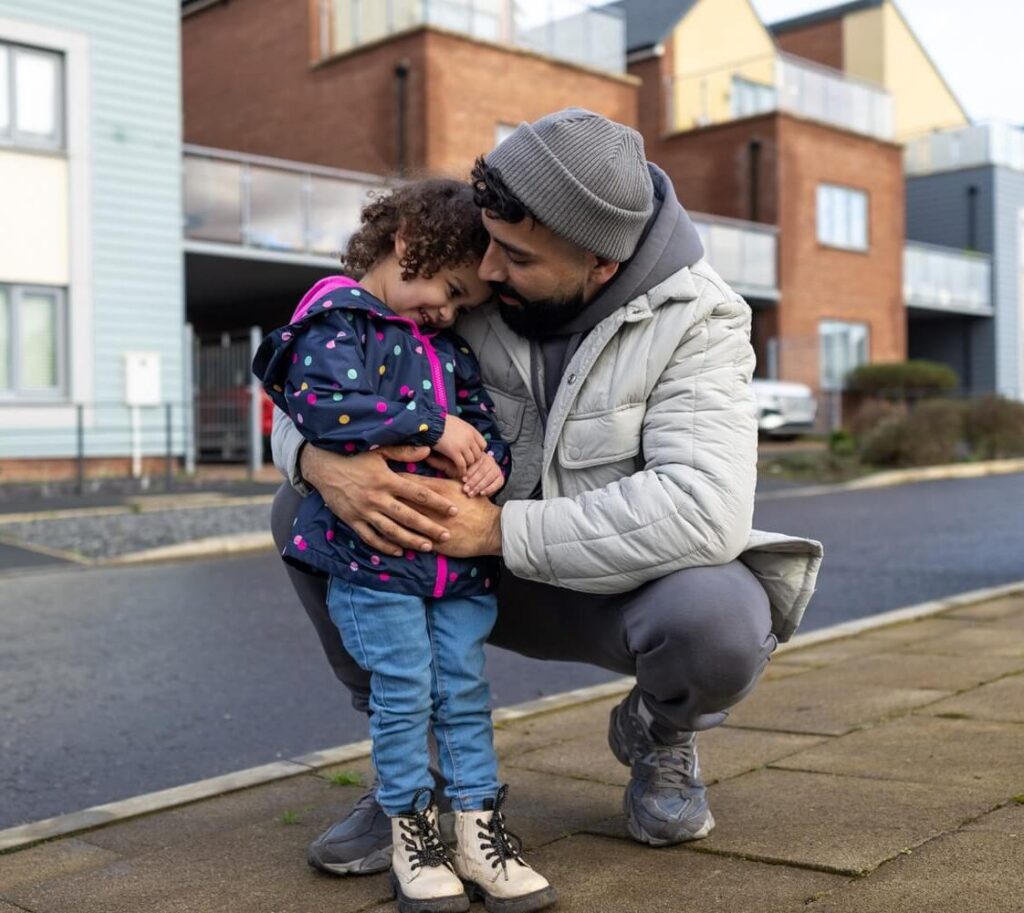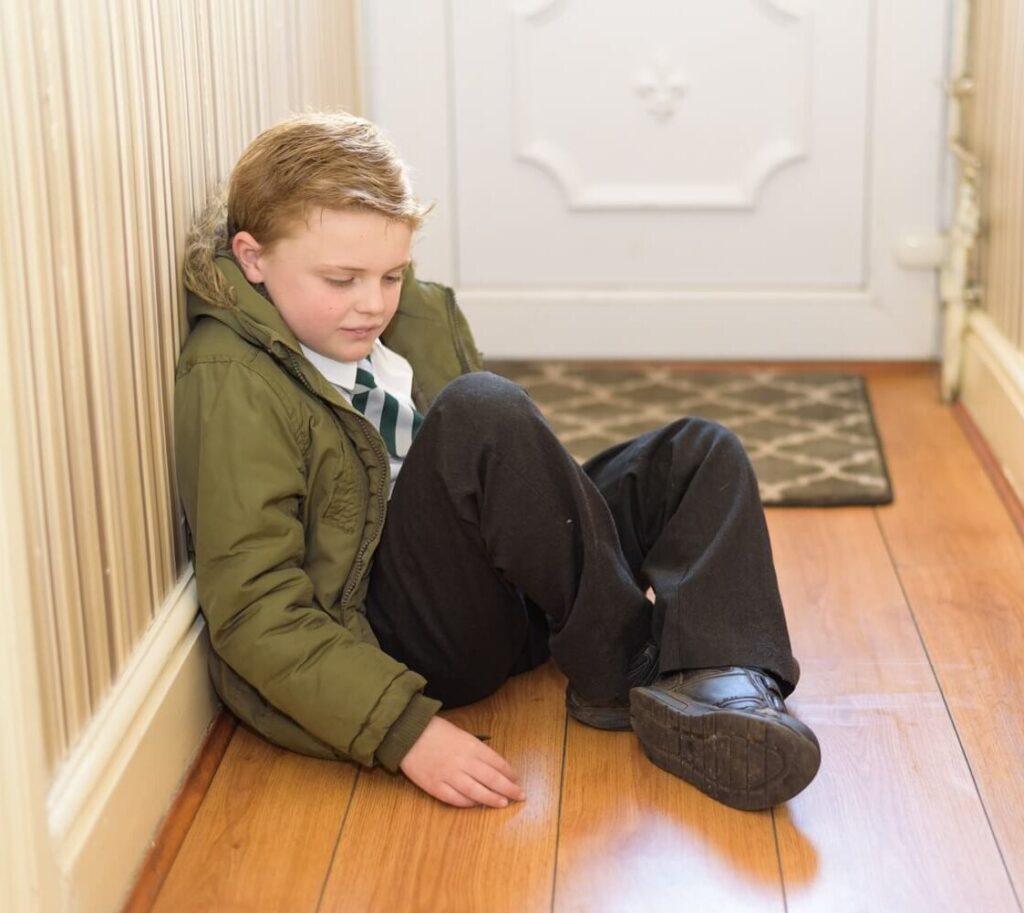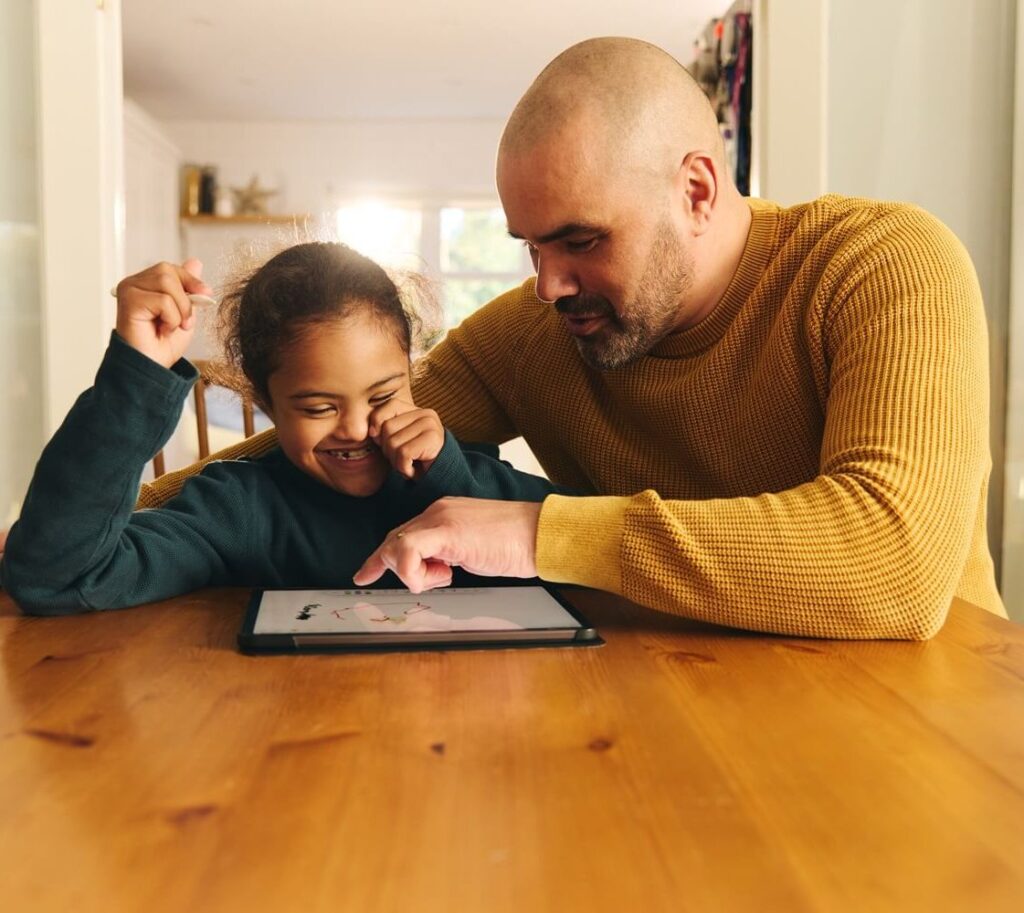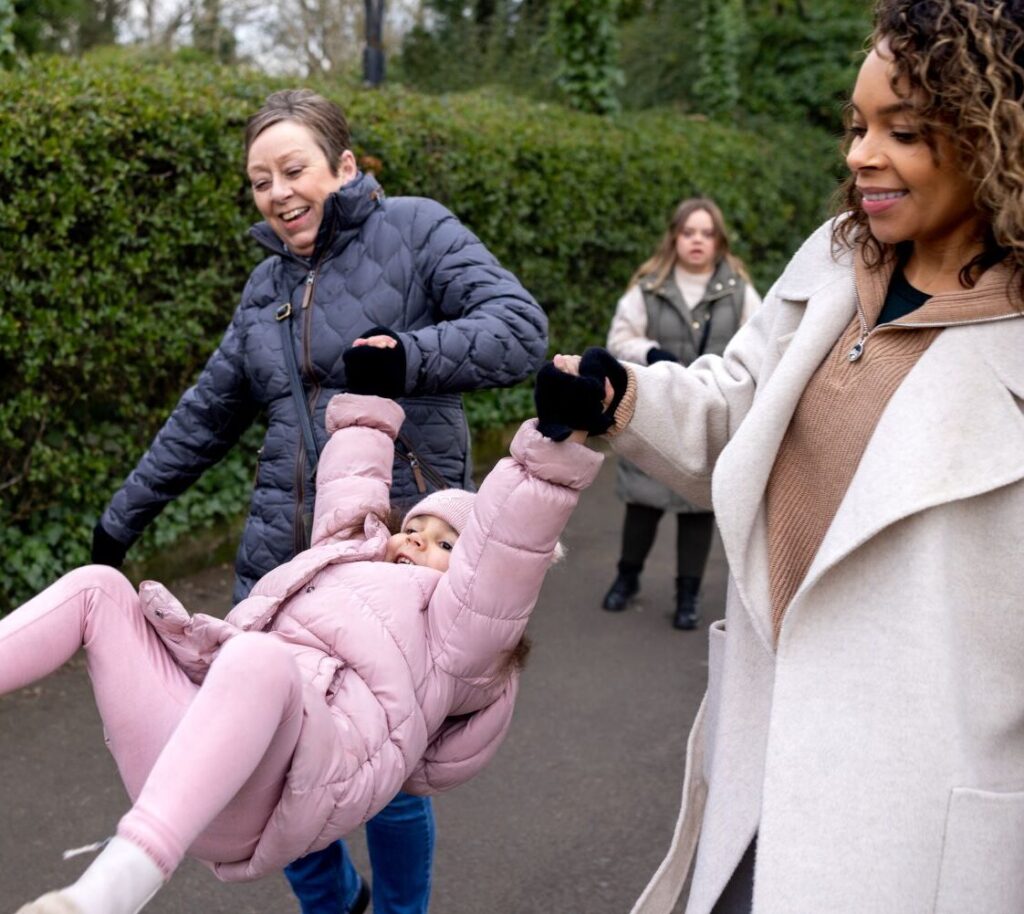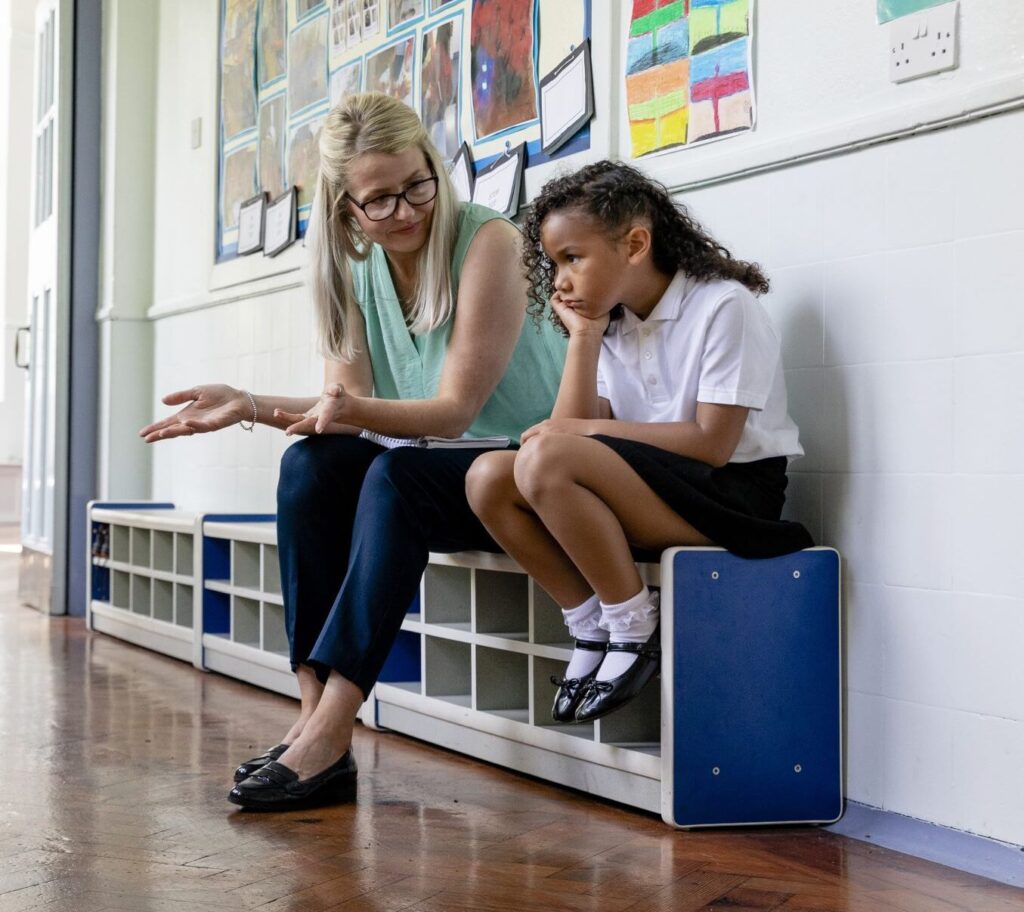In September, many youngsters will move on from pre-schools, nurseries and homes to start “proper” school. We know many of the parents reading this will feel depleted themselves, so we asked the staff at our Child and Family Support Service in Carlisle to help us write an easy to understand guide on how to help your children get school ready.
Before we even start thinking about school readiness, it’s important to put ourselves in the shoes of our children.
They are taking one of the most momentous steps in their lives so far and have very little idea what school will look like. Bear this in mind whenever you’re helping your child prepare and be prepared for them to worry. The unknown is scary to most of us, and just because we know it will be fine, we shouldn’t assume they will.
That said, what does school readiness mean? Research by the Professional Association for Childcare and Early Years (PACEY) defines school readiness as meaning children:
- have strong social skills
- can cope emotionally with being separated from their parents
- are relatively independent in their own personal care
- have a curiosity about the world and a desire to learn.
How can we support them with this?
The cornerstones of social skills are speaking and listening.
Social skills
The cornerstones of social skills are speaking and listening. Practising these skills helps children to follow instructions from teachers and mix with their friends effectively.
A good way to help our children develop these skills is to practice them in a low-pressure setting. Try playing games, for example:
- ‘Simon Says’ hones our children’s listening skills, and teaches them to pay attention to the speaker. This is invaluable in a classroom setting.
- The traffic light game helps children exercise a similar set of skills.
- Memory games are great for helping children develop recall skills and communication.
Simply reading stories and singing songs will also help them to develop a love of language that will hopefully last a lifetime.
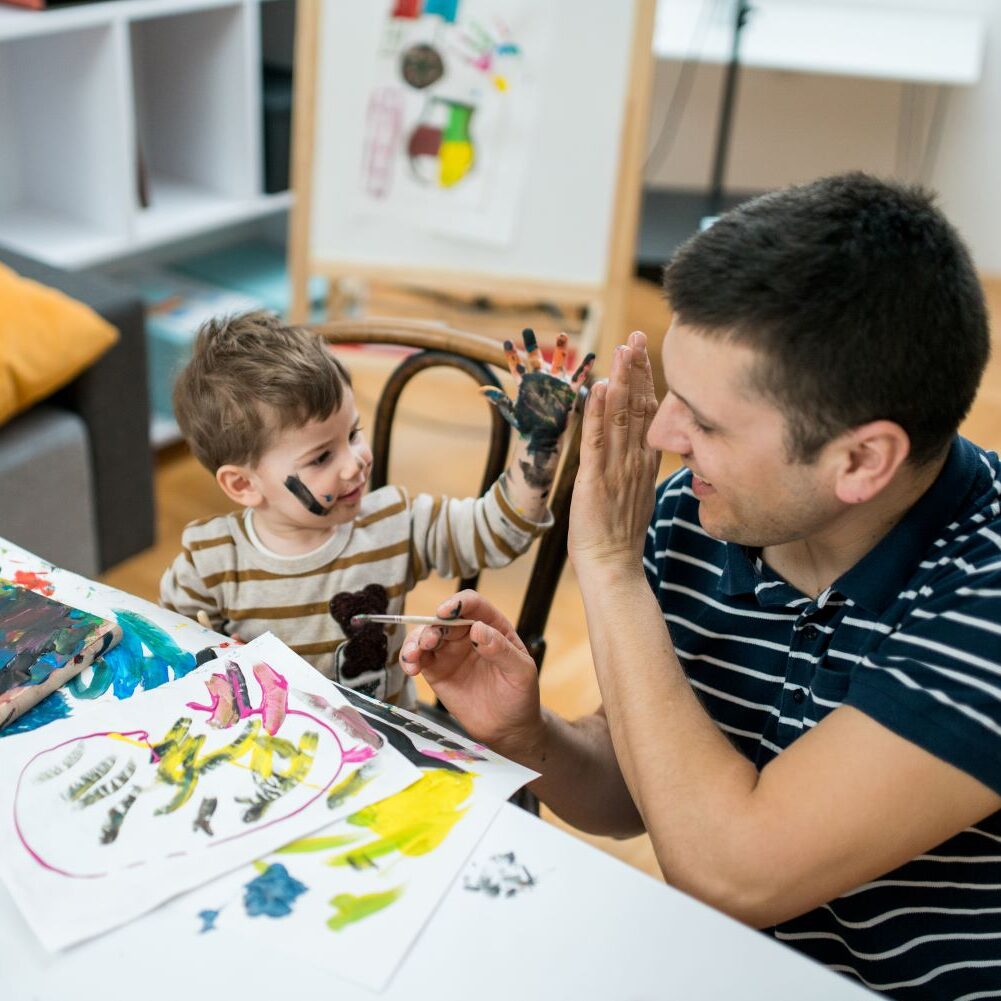
Emotional wellbeing
The first hurdle many of us will encounter when helping our children with emotional wellbeing is ourselves.
We might not have had the greatest time at school, and children are very good at picking up on the things their parents say, and even what they feel.
To ensure your child can make up their own mind without being influenced by your feelings, make sure to smile and talk positively when you’re talking about school.
That doesn’t mean you have to ignore the negative comments they make, however. Encourage children to share how they’re feeling about starting school – whether that’s sad, nervous, excited or scared. This helps to bring any fears out into the open so you can discuss them.
Here are some more suggestions for promoting emotional wellbeing:
- Sometimes children are upset but struggle to open up. In these situations, it might help to use puppets to “act out” the situation. Dealing with these feelings in a more abstract way can sometimes prove helpful.
- Books can do the same thing. There are dozens of children’s books dealing with the topic of starting school for this exact reason.
- If your child is a little nervous, it can help to show them pictures of you, your siblings and other family members when you went to school – particularly if these show happy or joyful moments. Even family members who’re only slightly older, such as cousins or older siblings, can be invaluable here in demonstrating that school’s nothing to worry about. They survived, after all!
- It can help to practice your school day routine in the weeks beforehand. Wake up at the right time, have breakfast, prepare a packed lunch, try on uniforms and practise the school run. This can also be quite good fun, if a little emotional for parents who see their “babies” growing up!
Regardless of how much work you do, each child is different and yours may take a little longer to settle in.
This is completely normal, but it can be upsetting if, for example, your child becomes distressed when you try to leave them in the early days.
Remember the point we make at the top of the article and consider if you were them in this new and confusing situation… wouldn’t you worry about being left alone?
Therefore, try and reassure them by telling them exactly who will be collecting them, and at what time.

Personal care
It’s important that children are relatively independent in their own personal care to help the school day run smoothly. For example, it’s helpful if your child can go to the toilet, wash and dry their hands by themselves.
Other valuable skills during the school day are:
- using buttons and zips on their clothing
- putting shoes on the right feet and fastening them
- carrying school dinner trays and using knives and forks independently.
The simplest way to develop these skills is to simply “practice by doing” over the holidays.
These are good things to incorporate into the “practice days” we mentioned in the previous section. You could try turning your front room into a “canteen” where your child carries their own tray. Also, practice getting dressed in the morning and taking off and putting on shoes for your practice school run.
Curiosity about the world and a desire to learn
If you do all the above then you will set your child up with all the tools they need to thrive in school, but this last point from PACEY’s guidance highlights the way we should think about helping our children.
Try and ensure these activities are fun and not a “test”. We don’t want children to associate school with stress and the need to achieve at this age.
Instead show them that learning can be fun and that there’s no penalty for attempting things we first struggle with.
By doing so we set them up with the curiosity and desire to learn that’s essential for success and happiness at school, and beyond.
Above all, remember that the school and teachers who will be looking after your children are experienced in dealing with new starters every year. They can guide and support both you and your children and will be excited about welcoming you to the school community in September!
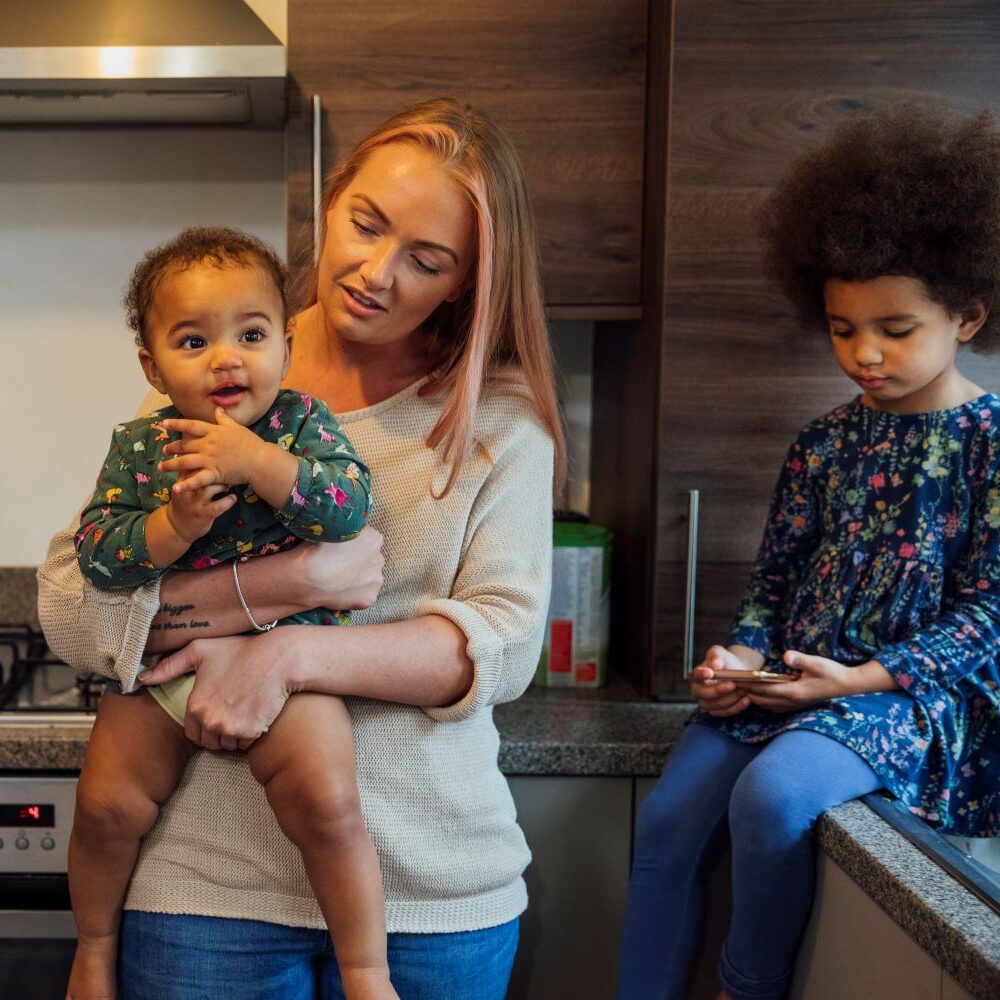
Call, text, email or web chat FamilyLine
If you’re feeling overwhelmed, worried or upset about any aspect of your family life, FamilyLine is here for you. We offer free emotional support and guidance on family relationships, conflict, parenting, caring, financial worries and more.
Contact FamilyLine
